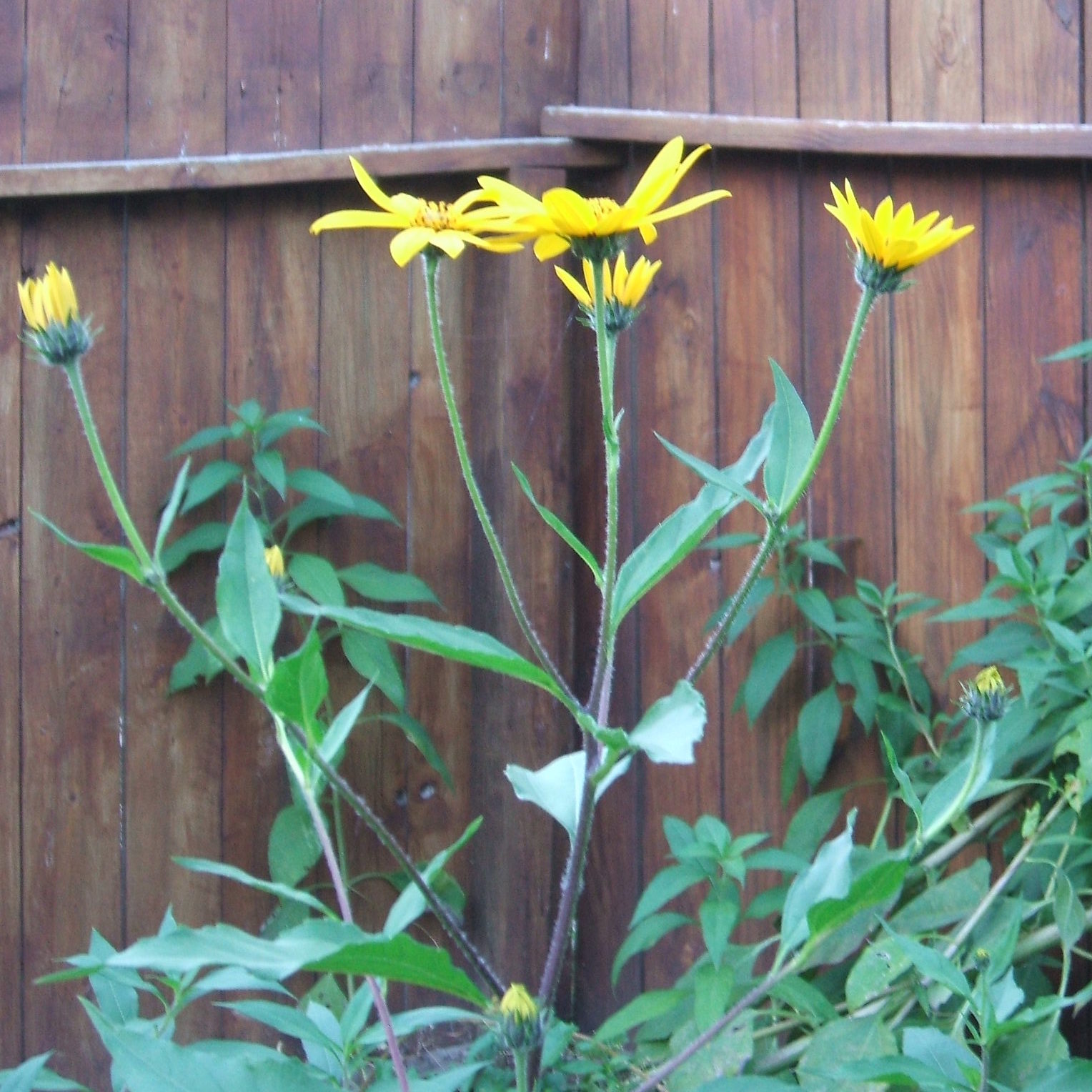Jerusalem Artichokes
by Esteban Ismael
First their names died in the mouths
of the people who grew them. Then
they were called sunroots, earth apples
new potato, sunchoke. Suckled
tubers, blanched in water boiled
with a scalding hot rock, herbs.
The Italians used the same word they did
for sunflower and repeated girasole,
a gyrating sun formed in my mouth
a sexy field of flowers, waving. Slowly
this becomes Jerusalem,
perhaps. Or it was the Puritans
who gave it that name when they first
arrived, their crashing boat splitting
Plymouth rock, skull-shaped pebbles.
A botanical beauty they named
wilderness. Savage meadows, primitive
forests. Badlands. Or the French did it
when they first took everything back
to Europe, another genius discovery
we can rename. So much like something else
they already love, artichokes and luxury.
For thousands of years this root
cultivated in soft hands until
it became two crops, one seed
another oil: an inheritance to be
buried, left to the sun people. Before corn
these roots bounced in every trader’s pouch,
a consolation packed alongside a knife
for the long, desperate hunts, winter
months. Fermented, a prized
wine. In a long line of home gardens
it’s impossible to know exactly where
it was first given its place, a whole
corner of the garden devoted to grow
this bulb alone. Now order
a soup in the arts district or
a puree in gourmet kitchens with French-
trained cooks, the farmer’s
market experts of this old new
world’s forgotten buried treasure,
growing by the freeway’s emergency lane,
listed on the label of my certified
gluten-free non-GMO protein powder.
In this grit I’m drinking there
is dust of something that’s wild, sun-like;
a drunk’s secret. Cursed, named
nuisance by modern-day growers, invasive
weed, floral pest. In their native lands
they’re still called invaders, too
aggressive, noxious.
A perfect yellow disk rising
out the sand, a small Texas prairie.
I can see the grandfather that rose
before dawn centuries before
his children would speak English
only, his donkey weighed down with skins
he will sell to people fighting a civil
war fought by slaves and slave-
owners hundreds of miles away. There
in his knapsack I know
some seeds waited, a few of these
sweet roots for the journey.
Published on April 20, 2021

